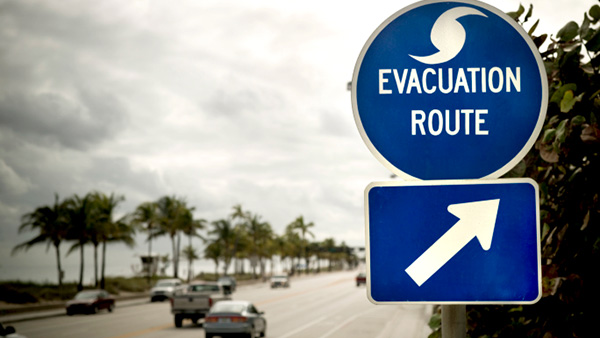The Federal Emergency Management Agency and related government organizations urge all Americans to create a disaster plan to help cope with earthquakes, tornadoes, floods, hurricanes, wildfires and other disasters. PrepareAthon Day each April 30 and National Preparedness Month each September put special emphasis on the need to make a disaster plan for your home or business. Find more information about disaster preparedness at Ready.gov.
Here are five of our articles with tips to cope with disasters.
Lights out: Preparing for extended power outages
Most of us can, reluctantly, endure the occasional brief power outage from a summer thunderstorm. But an extended power outage can be a challenge to our dependence on modern appliances and electronic devices, and disaster plans should take power loss into account.
Protect your property against wildfire
Dry weather and drought may be of particular concern this year. Now is the perfect time for residents and businesses in woodland, brush-filled or remote areas to take precautions and protect your property against wildfire.
Coping with loss in a catastrophe
Protecting yourself and your family is your first priority when your auto, home, business or personal property is damaged or destroyed by a tornado, hail, flood or other catastrophic event. Promptly treat any injuries. Remain calm and carefully survey the damage.
Preparing your business for disaster
National Preparedness Month in September is an opportunity to emphasize business continuity practices for your organization. But preparing for disaster is really a year-round activity: Up to 40 percent of businesses never fully recover from a disaster, according to the Federal Emergency Management Agency (FEMA).
Before hurricane watch turns to warning
The Atlantic hurricane season runs June 1 to November 30 each year. Residents of Atlantic and Gulf coastal areas should have a plan in place for rough weather.
This loss control information is advisory only. The author assumes no responsibility for management or control of loss control activities. Not all exposures are identified in this article.

